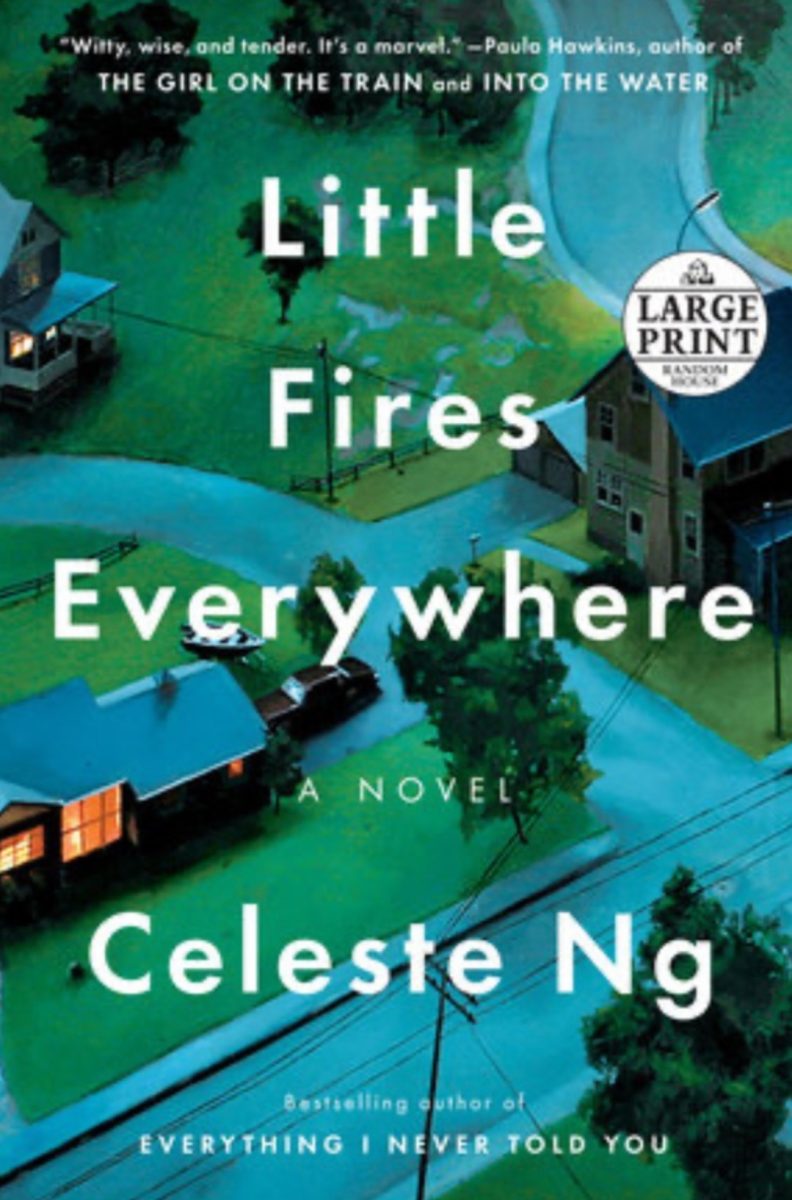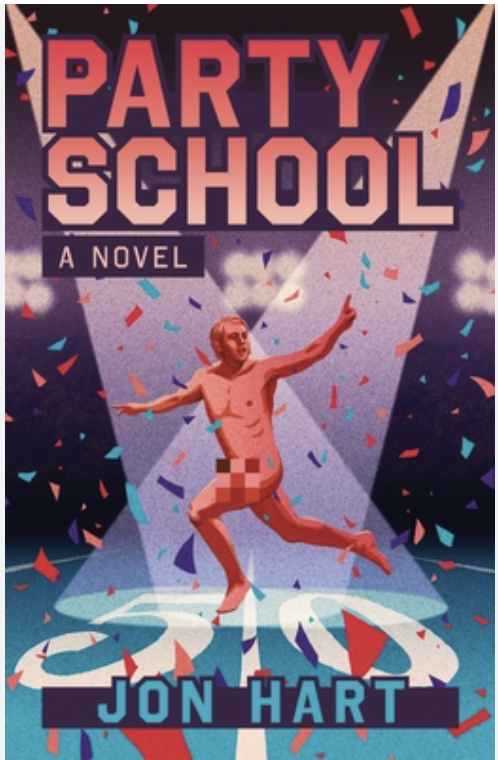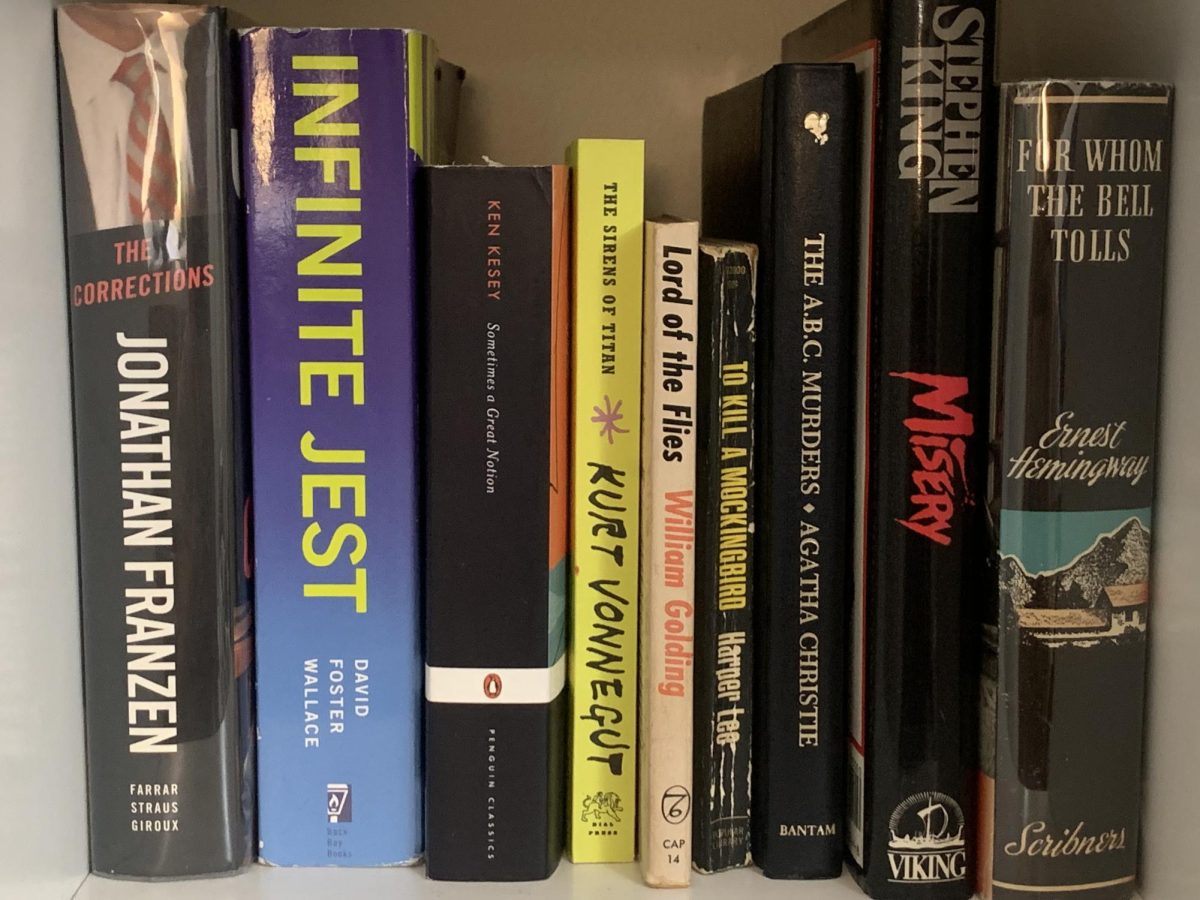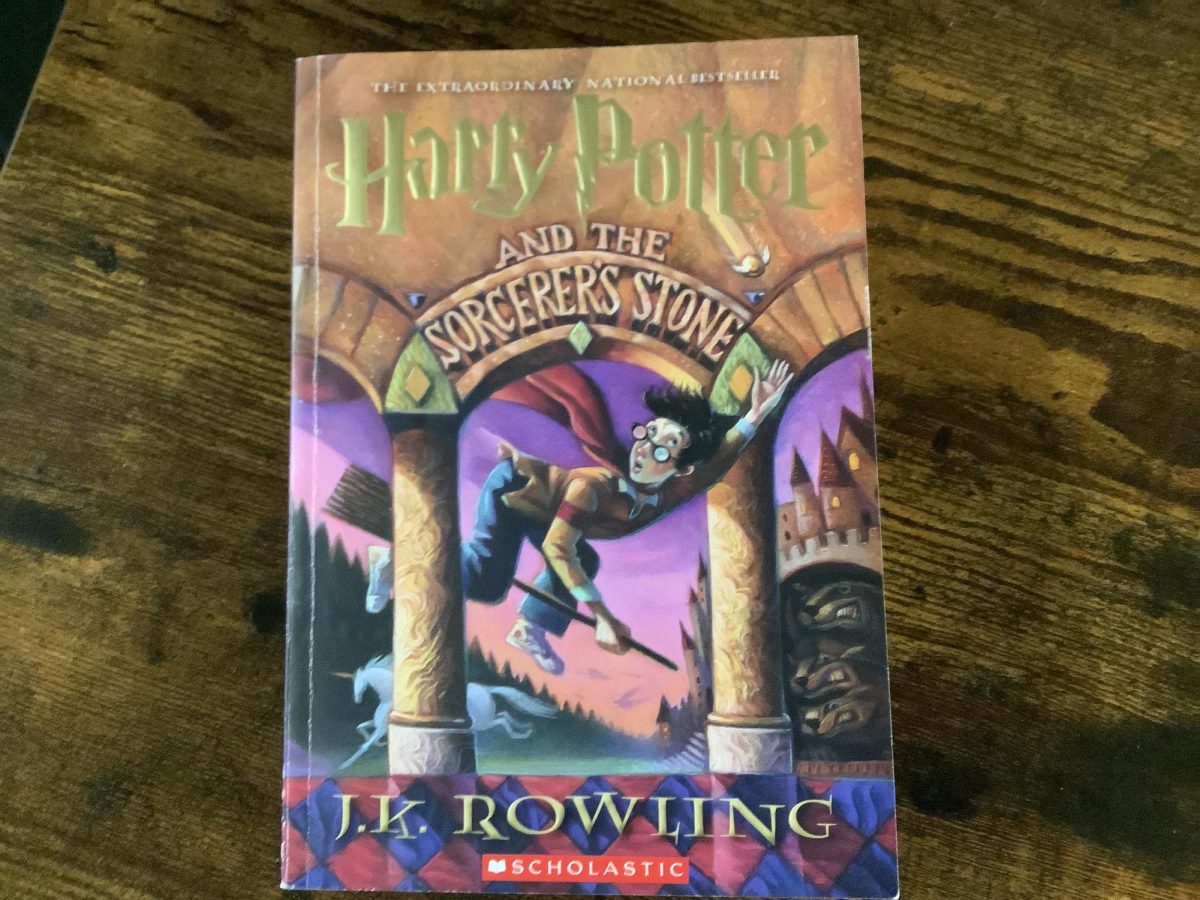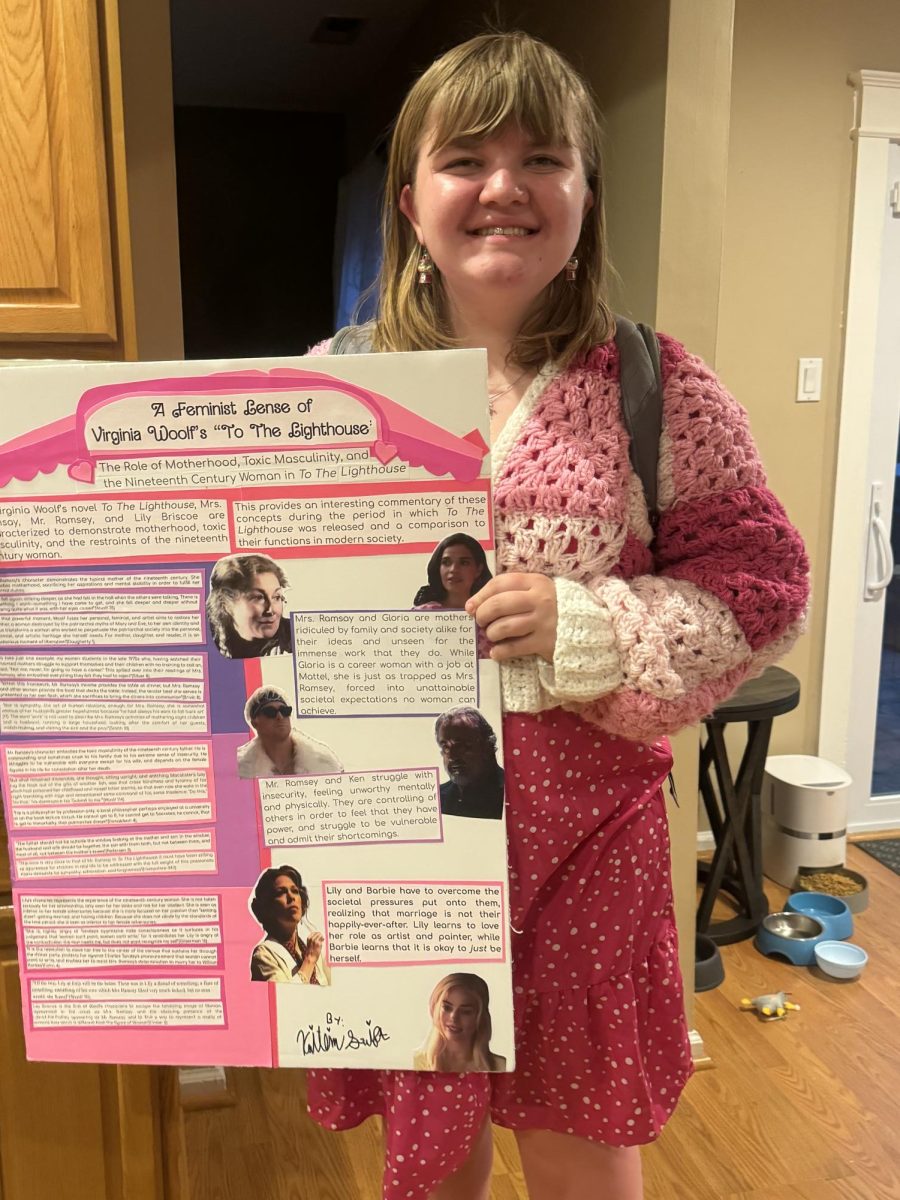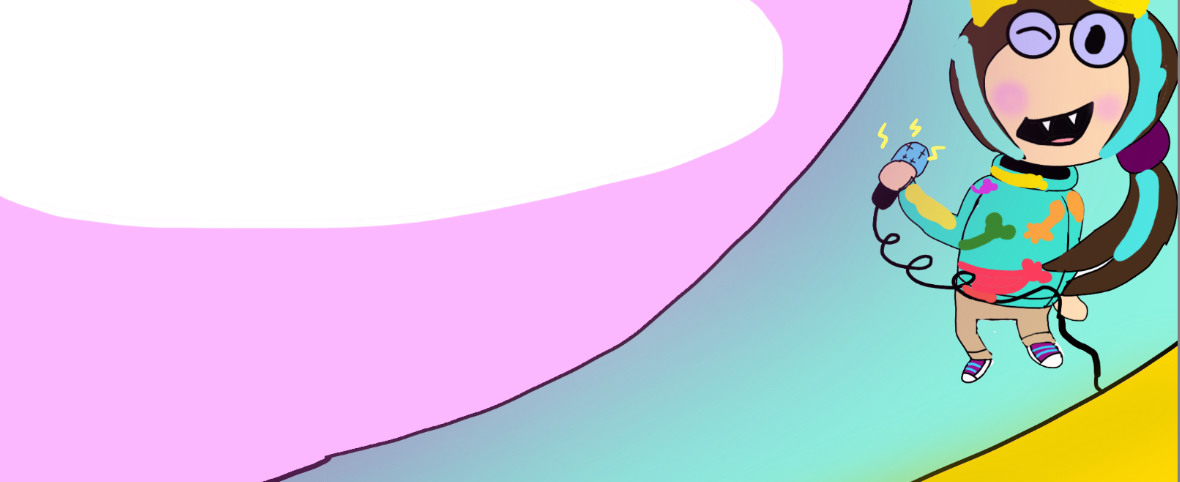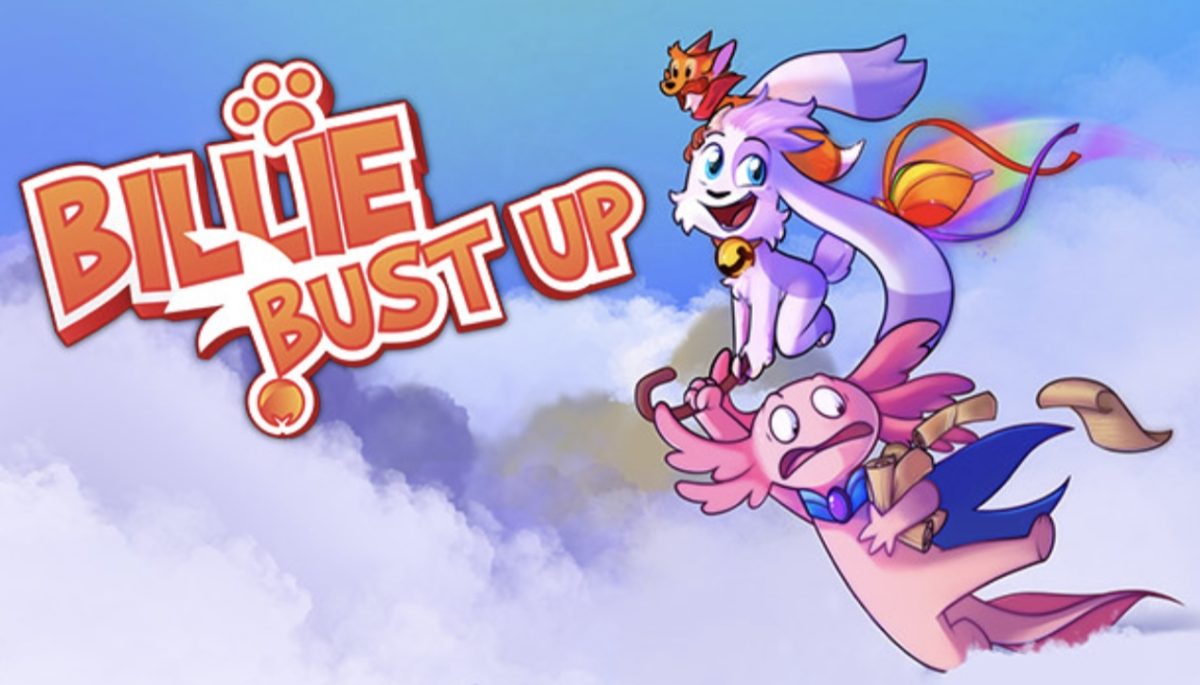Little Fires Everywhere by Celeste Ng, published 2017, is by far the best book I ever read! The book is about motherhood and the hungry urges of mothers.
The book revolves around 4 mothers. Mia, the main character of the book, had to survive with less of her child, Pearl, as she grew into high school. She called it torture, saying “it’s as training yourself to live on the smell of an apple alone, when what you really wanted was to devour it, sink your teeth into it and consume it” (p. 248). Mia wasn’t a “teaspoon” mother. She loved her daughter roughly, daring to let her grow, something most mothers are cowardly about. Bebe’s hunger is expressed through physical and emotional pain. It represents something that binds a baby and mother since birth: nakedness and pain. Bebe is “skin reddened and raw, along the sides of her fists” from banging on Mrs. McCullough’s door, separating her from her baby(p. 12). She cried and wailed when the verdict was delivered that she would not gain custody of her child. Celeste depicted the rollercoaster of grief that Bebe went through as she held through to show her determination to be with her child.
Mrs. McCullough was a mother in the story who could not conceive a child. Mrs. McCullough went through obstacle after obstacle trying to be a mother. Even at the end of the story, when she finally felt she reached the peace of motherhood, her baby was stolen. I felt that Mrs. McCullough was symbolic of the idea that there is no peace in the hunger of a mother, only wanting and untamed love.
Mrs. Richardson was another mother in the story, but she was constantly neglecting her kids’ lives. Mrs. Richardson had it all— house, husband, kids, job, and their futures lined up. Despite this, she still had rebellious kids. I appreciated that Celeste included her character to prove that it doesn’t matter if you have all obtainable things to be a mother—your son can still smoke, your daughter can still get pregnant, and your children can still be depressed.
I enjoyed this book because it wasn’t writing about the diluted version of motherhood. Not the cuddles, suckle, visible, sugar-coated kind of motherhood. Celeste was talking about something heavier and uglier. The rawness and tenderness of actual motherhood. Celeste showed that motherhood is deeper than a divine assignment, a creation mandate, a women’s job, or a relationship. Deeper than the uterus, deeper than an umbilical cord, deeper than the womb, deeper than two lines on a pregnancy test, deeper than the actual pheromones that connect the baby and mother together. It is the all-consuming fire of intense emotion and compelling action. The tempting apple in the garden that you can’t consume, no matter how far the branch may grow. The motherly instincts that slither on the mothers backs to do something unethical for the sake of her child. A mother will always eat the apple of her bone and flesh of her flesh. Seeds, core, and all.
I would suggest this book to mothers, daughters, and really anybody. Personally, I rate the book a 4 out of 4 because Celeste helps readers to understand the endless appetite of a mother. I feel that readers should read this book to understand this concept and to better understand their mothers, or themselves as a mother. Little Fires Everywhere is not only an impactful story, but an insightful story that can help reform and redirect the way we view mothers or choose to be one.


